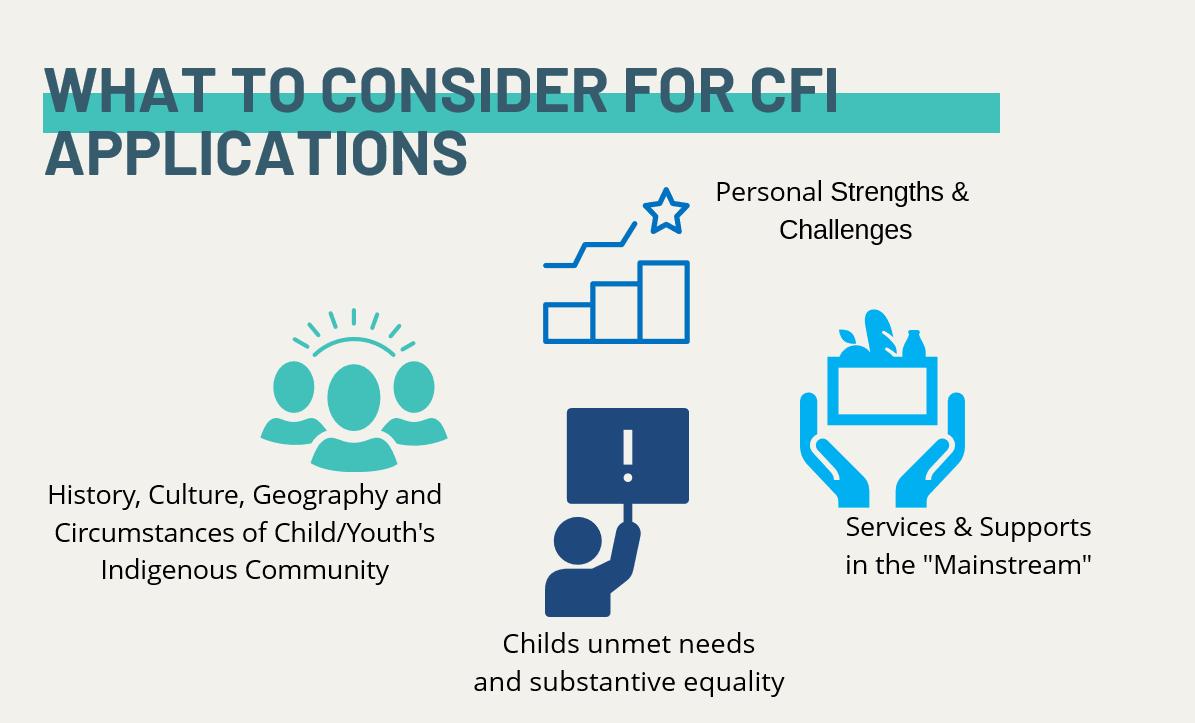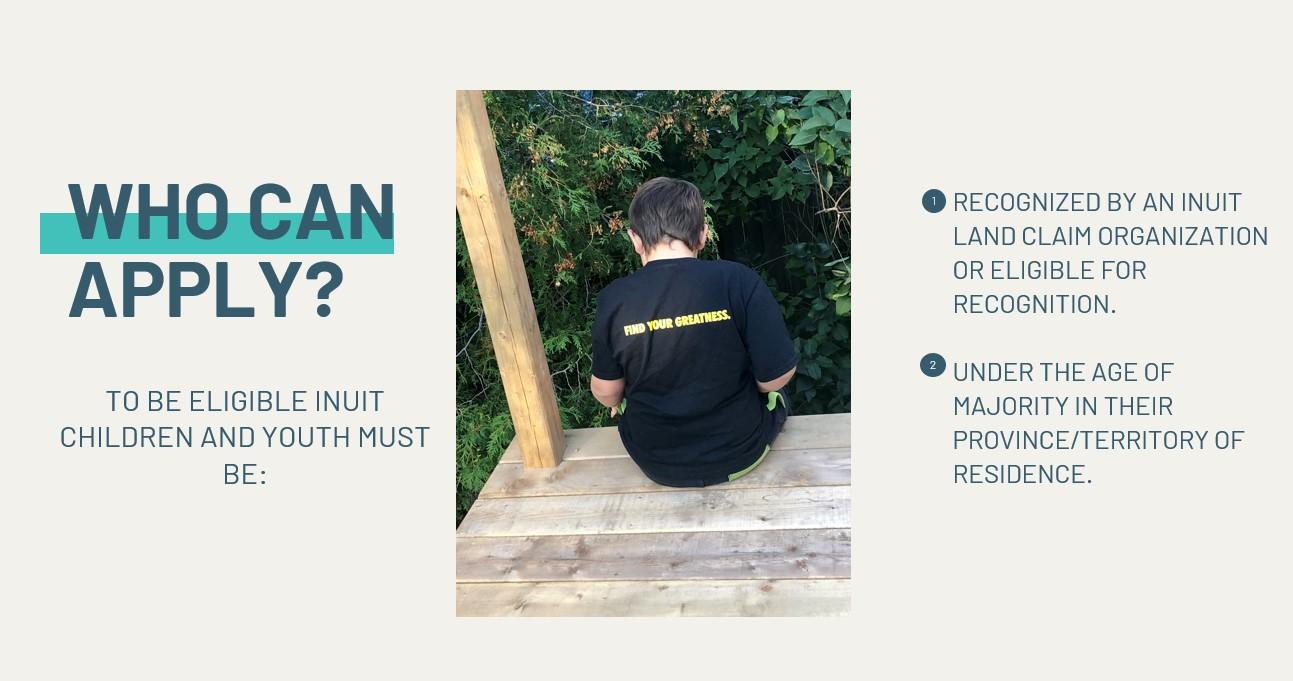
4 minute read
Tungasuvvingat Inuit (TI
from June 2021

Cultural continuity is vital to developing self-efficacy in youth, promoting positive self -identity, fostering community support, and providing resources to build resilience.
Advertisement
The total population of Inuit in Canada is 79,130. There was a 62% increase of Inuit living outside of Inuit Nunangat between 2006-2016 (Statistics Canada, Census of Population, 2006 and 2016). When the question is posed, many Inuit respond that they are moving out of InuitNunangat for many reasons. Primarily the reason is for opportunity and resources. In ITK’s report, 2018 Inuit Statistical Profile it is evident that there are gaps in basic resources ( Inuit Tapiriit Kanatami, 2018) 1 . The Inuit Child First Initiative program at TI allows for Inuit children, youth, and families to have better opportunities for substantive equality. Providing for the unmet needs of Inuit children and youth has a positive impact on the social determinants and overall health of Inuit children and youth in Ontario.
Although the ICFI program at TI primarily serves Inuit children and youth in Ontario, in keeping with the spirt and intent of the initiative, we assist Inuit living anywhere in Canada to find culturally relevant supports to access ICFI. In cases where there are no local supports available, we do assist children and youth in applying for ICFI no matter where they live. Some of the services Tungasuvvingat Inuit has built into the ICFI program to increase access and supports are Case Management, Service Coordination, Direct Services, and billing. Case management is an integral part of removing barriers to access. The support of applicants is the first step to ensure culturally relevant, safe, and equitable access to services.
Service Coordination ensures the service mobilization of the program. It acts as a safeguard to ensure that all services remain grounded in IQ, and that cultural safety is considered in relation to all services and interventions. TI holds a resource of service providers and suppliers that can be referenced by parents, workers, and other end users. The sourcing and retention of service providers, suppliers and Inuit-specific cultural services will help to ensure that services are authentic, accurate and culturally appropriate. Providing a selection of direct services to support children and families is an integral pillar of service for TI’s CFI program. Services such as family relief, cultural camps, counselling, and speech and language services are in high demand and many of these services have wait lists. TI provides some of these services directly by augmenting existing programs and working with independent contractors such as Cultural Specialists, Elder Mentors, Tutors, Speech Language Pathologists, Psychologists and Respite providers. This removes the requirement for applications, decreases wait times, prioritizes services, and ensures culturally relevant and safe programming for Inuit children and youth. 1 https://www.itk.ca/wpcontent/uploads/2018/08/ Inuit-Statistical-Profile.pdf. One of the barriers in accessing services through CFI is the payment process.
Continue Page 11


Many families who have children with many unmet needs already have a lot to manage. The current ICFI application process requires parents/caregivers to identify service providers and pay up front or arrange for payment after services are rendered.
This is a barrier to access, as it requires clients to negotiate with service providers on behalf of the payee, divulge personal information and create by-in with vendors. Vendors often wait for payment, and it creates added pressure on parents/ caregivers to act as a gobetween.
Tungasuvvingat Inuit’s ICFI program includes a direct billing option for all approved supports and services. TI pay’s vendors for Indigenous Services Canada approved supports and services, through an agreed upon allocation of funding. This approach takes the financial responsibility off families and eases their access to services.
The needs of Inuit children and youth are not insurmountable. It is our hope that through the ICFI program we can move forward in collaboration, to support the community in accessing the Inuit Child First Initiative in a way that is culturally supportive, relevant, and helpful. We endeavor to make the process more accessible for Inuit children and youth, more collaborative with stakeholders and more resourced to meet the needs of Inuit.
If you know an Inuk child or youth who has unmet needs, please reach out to childfirst@tiontario.ca for more information on how the Inuit Child First Initiative can help.
A Dene musician from the Northwest Territories says her Juno award win Friday night comes amid a "difficult year" and that it's "really beautiful" to be recognized by her peers. Leela Gilday was named winner in the Indigenous artist or group of the year category during the opening night gala — which featured 37 of the 43 Juno award presentations. "I feel very grateful and very honoured," she told CBC News on Saturday. "It means the music I'm making, even at this point in my career, five albums in, is still speaking to people and resonating with people. The stories I'm telling them are still impacting people."
Congratulations Leela Gilday Winning Juno For “Most Vulnerable” second Juno Award!




